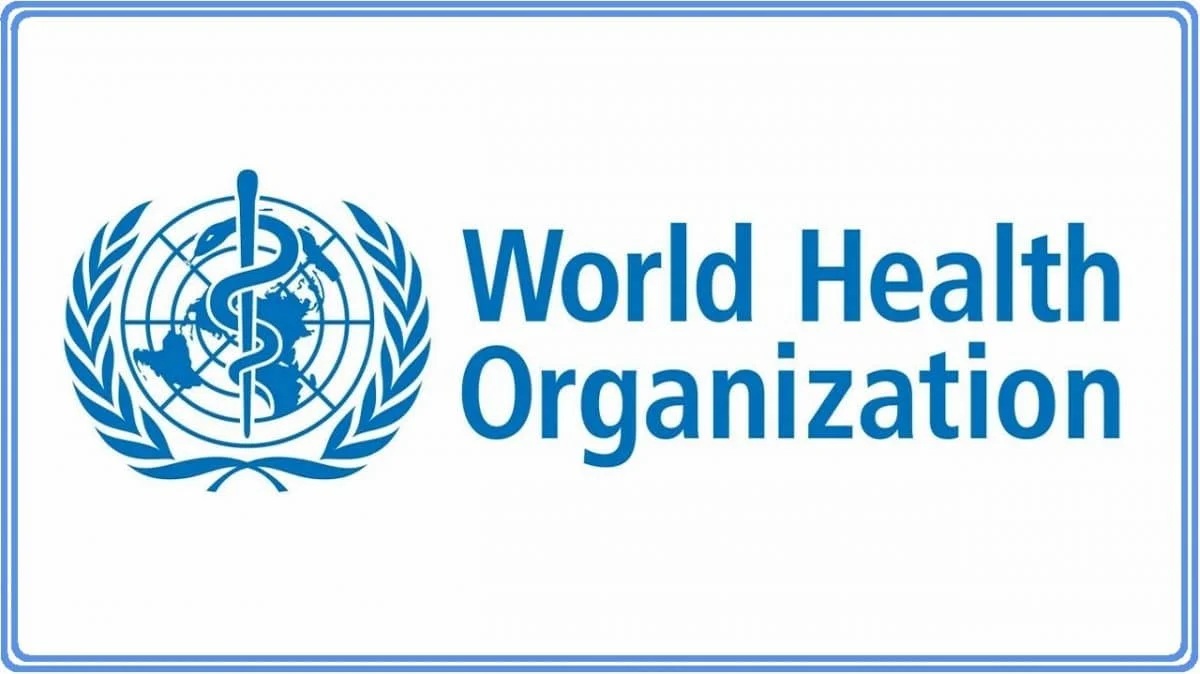Loneliness isn’t just a feeling.
It’s a global health crisis, and it is claiming more lives each year than many infectious diseases.
According to a new report by the World Health Organization (WHO), a staggering 871,000 people die annually from loneliness-related causes.
The findings are a sobering reminder that disconnection is more than emotional, it is physical, social, and deeply societal.
The WHO’s latest commission on social connection reveals that one in six people globally is affected by loneliness.
This is a condition often dismissed but now proven to fuel serious health risks.
Among them: stroke, heart attack, diabetes, depression, anxiety, and even suicide.
For Nigerians, especially in today’s fast-paced, tech-driven, and economically strained society, this global alarm resonates deeply.
In cities like Lagos, Abuja, and Port Harcourt, where daily hustle often replaces community bonding, loneliness can creep in unnoticed, even in the most crowded places.
For those in rural areas, it often stems from isolation, migration of young people, or the breakdown of extended family structures.
A Hidden Killer
Loneliness doesn’t discriminate by age, but it affects certain groups more severely.
The WHO report shows that one in three elderly people and one in four adolescents are socially isolated.
Among youth, being lonely makes them 22% more likely to underperform academically.
Among adults, it’s linked to difficulties securing or maintaining jobs, affecting financial stability and overall wellbeing.
In Nigeria, where unemployment remains high and education is often under-resourced, the emotional weight of loneliness can be a heavy burden on top of economic hardship.
For young Nigerians navigating joblessness or academic stress, and older ones grappling with retirement or health issues, loneliness can feel like an invisible wall, one that keeps growing higher.
Dr. Vivek Murthy, co-chair of the WHO commission and U.S. Surgeon General, described loneliness as “a painful, subjective feeling that many of us experience when the relationships we need do not match the ones we have.”
Social isolation, by contrast, is the objective lack of interaction, both deeply interlinked, both equally dangerous.
What’s Driving the Disconnect?
The causes of loneliness are layered: poor health, low education, poverty, digital dependence, and even the structure of modern cities.
For a growing number of people, in Nigeria and beyond, physical spaces for connection are shrinking, while digital screens become our primary link to the outside world.
While mobile phones and social media offer convenience, they’re no replacement for real human contact.
Murthy warns that our reliance on screens has dulled our ability to communicate through subtle, meaningful ways, like tone of voice, eye contact, body language, and even silence.
In Nigeria, where mobile penetration is over 50% and rising, many families now experience more screen time than shared time.
Children complain that their parents are constantly distracted by their phones, and adults often suffer from the same disconnection without realizing it.
What the World Can Learn from Sweden
The WHO highlighted Sweden’s approach as a model.
Recognizing that loneliness is not just a personal issue but a public one, Sweden has launched a national strategy to foster social connection.
Shops, neighborhoods, and schools are now being redesigned to encourage face-to-face interaction.
Soon, all Swedish children and teenagers will receive prepaid cards to access group activities.
Also, mobile phones will be banned in public schools, a move that has shown to reduce cyberbullying and improve sleep and emotional well-being.
While Sweden’s context is different, the core idea can resonate anywhere: build systems that help people connect.
In Nigeria, similar efforts could involve community centers, youth clubs, faith-based groups, or even neighborhood markets serving as hubs for genuine human interaction.
A Global Call to Reconnect
The WHO’s message is clear: combatting loneliness requires deliberate action, not just from individuals, but from governments, communities, and workplaces.
Just as we invest in hospitals and roads, we must also invest in human connection.
As Dr. Murthy puts it, “We need spaces in our lives where we can engage with each other face-to-face, without the constant distraction of technology.”
For Nigerians and people across the globe, the question now is: Are we ready to put down the phone, and look up at one another, before it’s too late?







